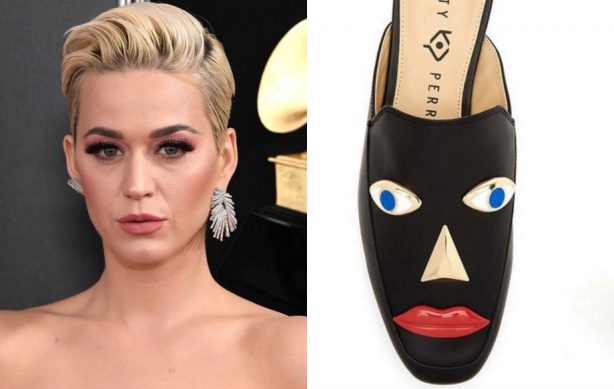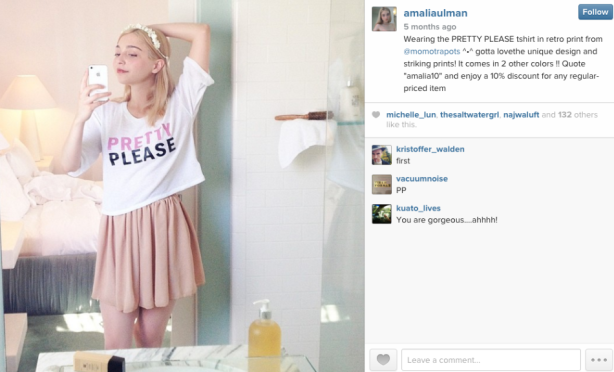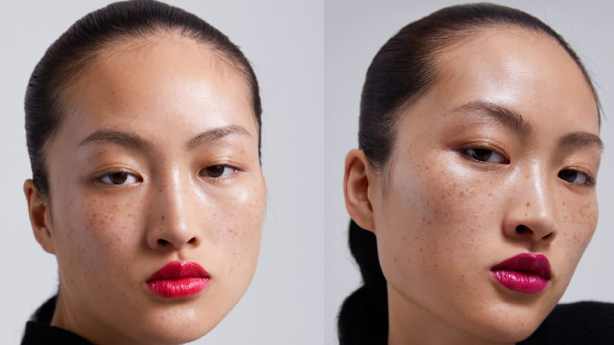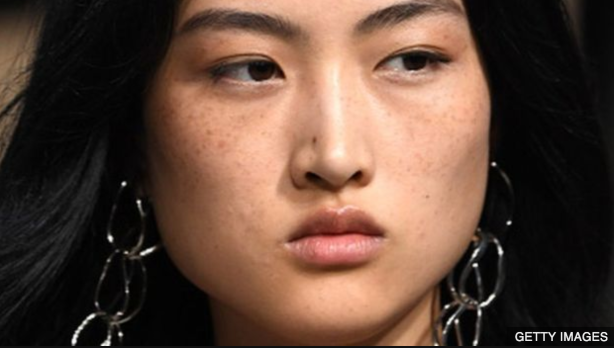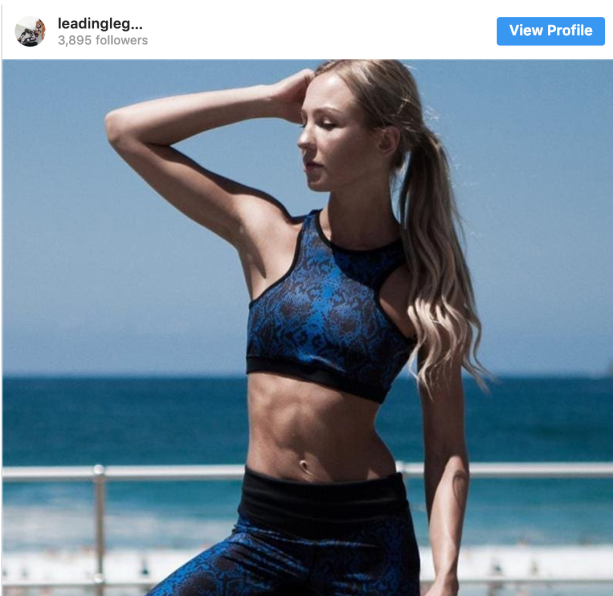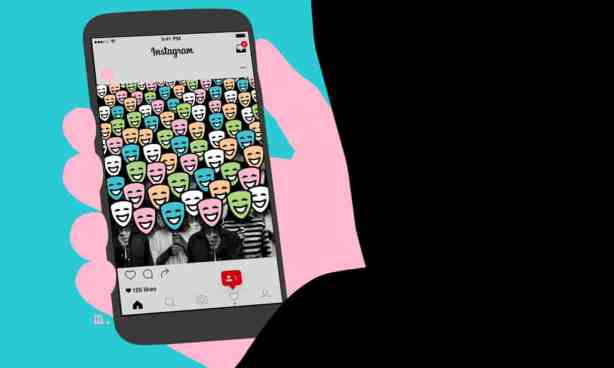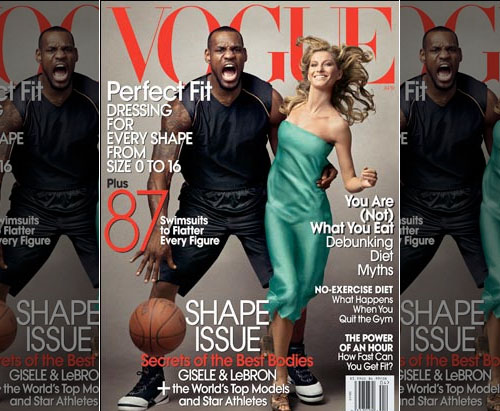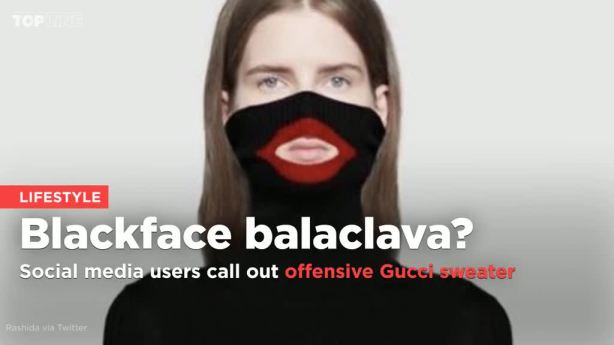
Blackface has a long history, in America and Europe, but it has been embroiled in controversy recently after celebrities and brands — including Katy Perry and Gucci — have been accused of racism. Katy Perry released a shoe range accused of blackface stereotyping, and Gucci marketed a balaclava accused of racism for the same reasons.
On Katy Perry, see this story, “Katy Perry saddened by blackface claims about her shoe range“. On Gucci, see “Gucci apologizes for controversy blackface sweater”. The film Mary Poppins was also accused of racial stereotyping. See this story in the New York Times: “Mary Poppins, a nanny’s shameful flirting with blackface.”
In politics, the governor of Virginia has been embroiled in a blackface controversy based on photos in his college yearbook. See this story: “Virginia governor apologizes for racist and offensive yearbook costume but refuses to resign.” In the Netherlands, the Christmas character “Black Pete” is based on blackface. See this article, “Who is the ‘racist” Christmas character sparking clashes in the Netherlands?”
On the history of blackface, see this article, “Why Blackface?” Finally, see, “Blackface isn’t just about racism in America’s past, it’s about racism in America’s present”.
